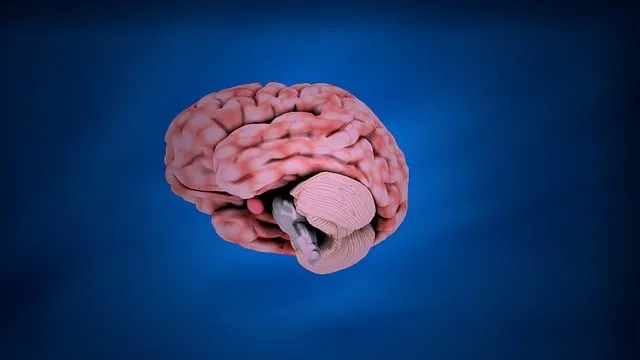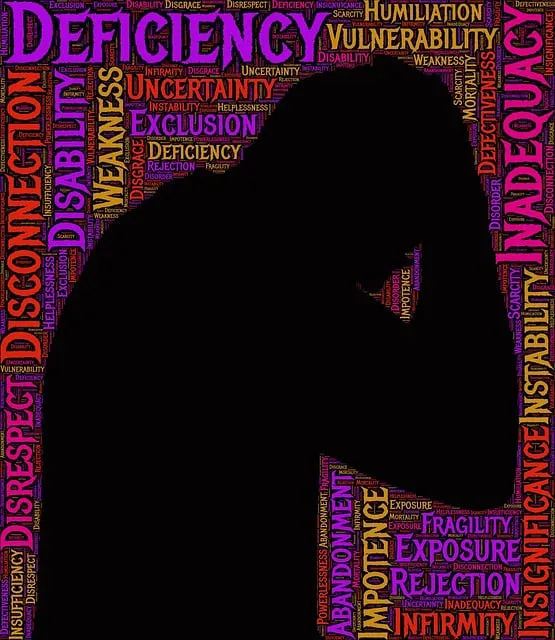The stigma surrounding mental illness impedes access to critical care, exacerbating symptoms and reducing quality of life. To combat this, a shift in perspective through education, open conversations, and empathy-building is crucial. Resources like the Parker Kaiser Permanente psychiatry reviews provide actionable insights for healthcare professionals, fostering supportive environments that encourage dialogue about mental health. Stigma reduction requires collaboration across sectors, including educational campaigns, community engagement, and policy changes advocated by organizations like Parker Kaiser Permanente. These efforts create inclusive spaces, normalizing conversations about mental health and promoting improved self-esteem.
Mental illness stigma remains a significant barrier to seeking help, yet efforts to reduce it are gaining momentum. This article explores the multifaceted approach to tackling this issue, drawing insights from the Parker Kaiser Permanente Psychiatry Reviews. We examine how understanding stigma’s profound impact on mental health-seeking behaviors drives strategies ranging from community engagement and education to policy changes and advocacy. By implementing these comprehensive approaches, we can foster a more supportive environment where individuals feel comfortable addressing their mental health concerns.
- Understanding Stigma: Its Impact on Mental Health Seeking Behaviors
- Parker Kaiser Permanente Psychiatry Reviews: Uncovering Insights into Stigma
- Strategies for Reducing Stigma: A Comprehensive Approach
- Community Engagement and Education: Building Bridges to Overcome Stigma
- Policy Changes and Advocacy: Creating a More Supportive Environment
Understanding Stigma: Its Impact on Mental Health Seeking Behaviors

Stigma surrounding mental illness can have profound effects on an individual’s willingness to seek help and support. Often, those struggling with their mental health face societal barriers that discourage open dialogue about their experiences. This internalized shame and fear of judgment can lead to avoidance or delays in accessing critical care, as evidenced in various Parker Kaiser Permanente psychiatry reviews. The impact is significant; it may result in worsened symptoms, reduced quality of life, and even increased risk of suicide.
Understanding the pervasive nature of stigma requires a shift in perspective. Building empathy through education and open conversations can be powerful tools to combat this issue. By fostering an environment where mental health is normalized and treated with the same urgency as physical well-being, we encourage individuals to embrace their vulnerabilities. Strategies that promote self-compassion and mindfulness, such as Mind Over Matter principles, alongside effective mood management techniques, play a crucial role in this process, empowering people to take control of their mental health journey.
Parker Kaiser Permanente Psychiatry Reviews: Uncovering Insights into Stigma

The Parker Kaiser Permanente Psychiatry Reviews have emerged as a valuable resource in unraveling the complex issue of mental illness stigma within healthcare settings. These reviews provide an insightful look at how psychiatric professionals can better navigate conversations around mental health, with a specific focus on reducing the barriers faced by individuals seeking treatment. By delving into real-world scenarios and sharing best practices, these studies offer practical guidance for both clinicians and those interested in the field of mental health care.
One key aspect addressed is the Risk Assessment for Mental Health Professionals, emphasizing the importance of identifying personal biases and stress reduction methods to create a supportive environment. The reviews also highlight innovative Stress Reduction Methods and Emotional Well-being Promotion Techniques that can be implemented to foster open dialogue and alleviate stigma. Through these initiatives, mental health professionals are equipped with the tools to provide compassionate care, ensuring individuals feel empowered to prioritize their emotional well-being.
Strategies for Reducing Stigma: A Comprehensive Approach

Stigma reduction is a multifaceted approach that requires collective effort from various sectors. One effective strategy involves education and awareness campaigns that dispel myths and provide accurate information about mental health conditions. Engaging communities, schools, workplaces, and media platforms can help in normalizing conversations around mental wellness. For instance, Parker Kaiser Permanente psychiatry reviews can serve as valuable resources to share real-life experiences and expert insights, fostering empathy and understanding.
Additionally, encouraging open dialogue through Mental Wellness Journaling Exercise Guidance and Mental Wellness Podcast Series Production allows individuals to share their stories and connect with others facing similar challenges. Structured programs like Stress Management Workshops Organization can empower people with coping mechanisms and self-care practices, promoting early intervention and recovery. By combining these strategies, we can create a supportive environment that supports mental wellness and reduces the barriers faced by those seeking help.
Community Engagement and Education: Building Bridges to Overcome Stigma

Community engagement and education play a pivotal role in stigma reduction efforts for mental illness. By fostering open dialogues and sharing resources, communities can dispel myths and misconceptions surrounding psychiatric health. Organizations like Parker Kaiser Permanente, with their psychiatry reviews, are leading the way in promoting mental well-being through accessible information and support systems. These initiatives bridge gaps between individuals seeking help and the understanding needed to combat stigma.
Through public talks, workshops, and peer support groups, communities can implement compassion cultivation practices and conflict resolution techniques. Such methods encourage empathy, understanding, and effective communication, thereby reducing judgment and fear associated with mental illness. By integrating these strategies into educational settings, schools, workplaces, and community centers, we can foster inclusive environments that alleviate anxiety relief concerns and create safe spaces for open conversations about mental health.
Policy Changes and Advocacy: Creating a More Supportive Environment

Policy changes and advocacy play a pivotal role in mental illness stigma reduction efforts. Organizations like Parker Kaiser Permanente have been at the forefront of this movement, with their psychiatry reviews highlighting the importance of systemic reform. By advocating for more inclusive healthcare policies, these initiatives ensure that individuals suffering from mental health conditions receive the support they need without fear of judgment or discrimination.
This approach extends beyond medical care to include educational campaigns and policy reforms that promote understanding and empathy. Encouraging open conversations about mental illness, as seen in various psychiatry reviews, fosters a culture of positive thinking and self-esteem improvement. Such efforts are crucial in dismantling the stigma surrounding mental health, creating a more supportive environment for those who need help.
Mental illness stigma reduction is a multifaceted effort that requires community engagement, education, policy changes, and evidence-based practices. The Parker Kaiser Permanente psychiatry reviews highlight the profound impact of stigma on mental health-seeking behaviors, underscoring the need for comprehensive strategies to create a more supportive environment. By implementing these approaches, we can foster understanding, reduce discrimination, and ultimately improve access to care for individuals living with mental illness.






